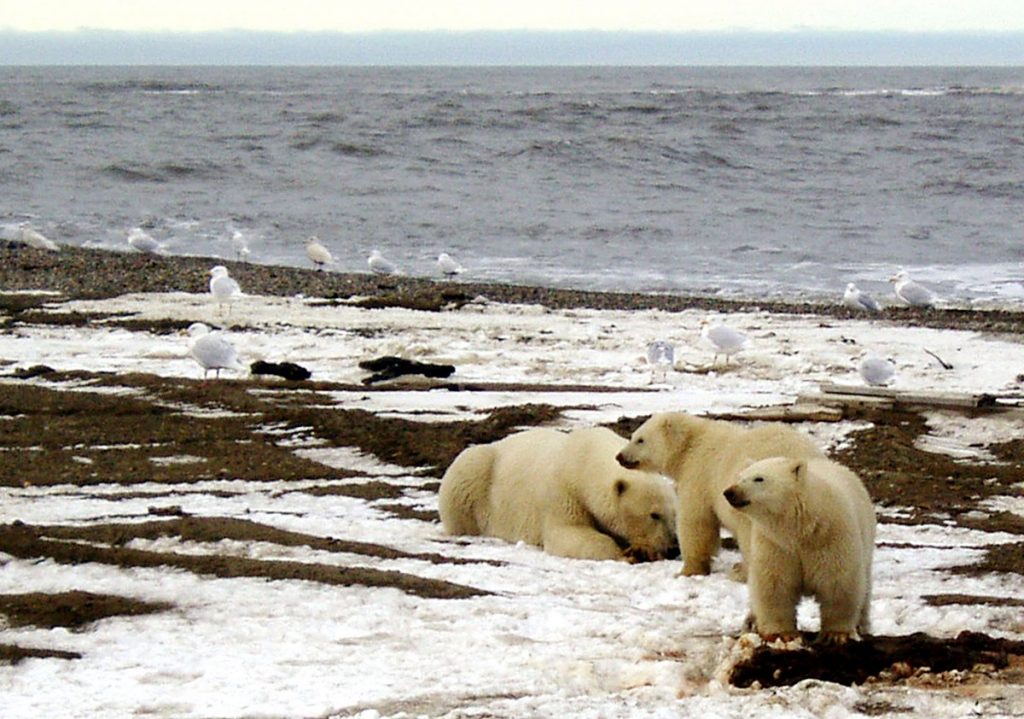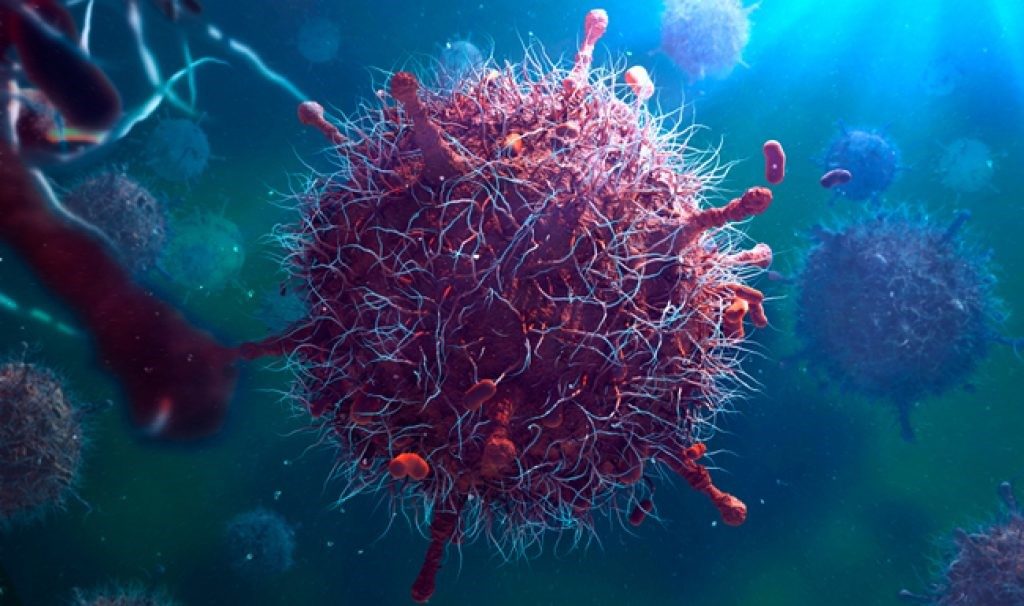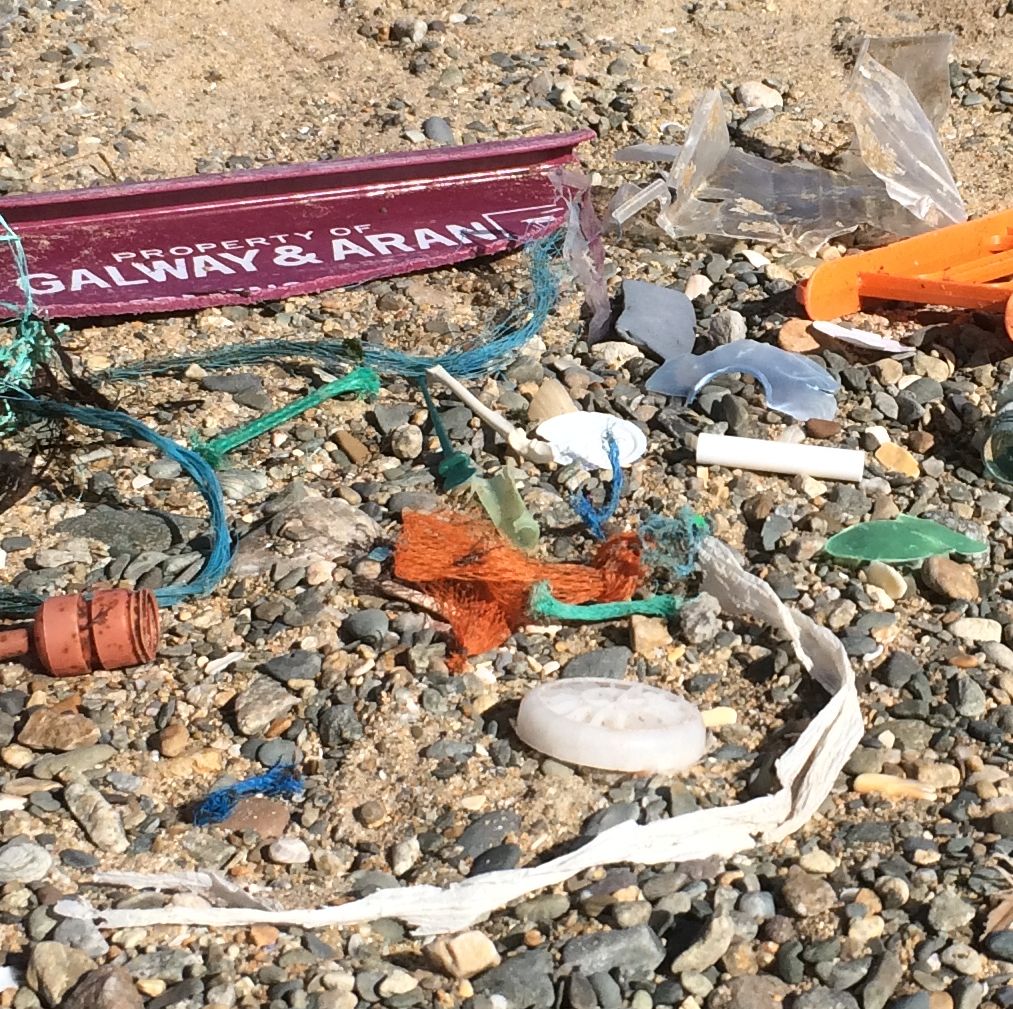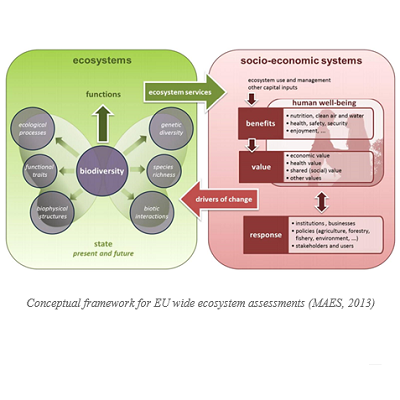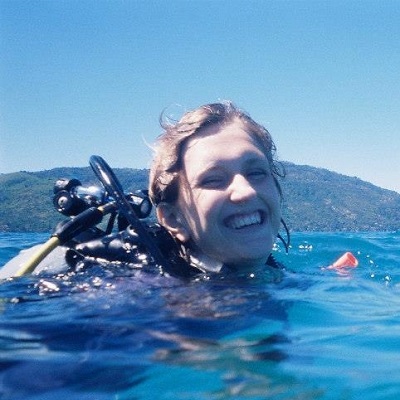The high Arctic is warming at an alarming rate, disrupting soil carbon, nutrient and hydrological cycles. This is resulting in increased soil microbial activity with subsequent increases in nutrient availability and hence plant productivity and nutrient losses to the wider environment. Losses of the greenhouse gases, nitrous oxide, methane and carbon dioxide result in a […]
Read More
One of the great under-answered questions in the geosciences relates to the cause of the big drop in the concentration of CO2 in the preindustrial atmosphere during ice ages. Over the past 800 thousand years the Earth climate has cycled between ice ages (glacial periods) and interglacial periods. Over these cycles there is a very […]
Read More
LiDAR is a technology based on a laser mounted on a plane or satellite, which can yield detailed scans of forest ecosystems. This valuable information allows detailed analyses of the ecology and dynamics of tree populations, and it is commonly used for estimating forest carbon stocks. LiDAR has thus become very relevant in the context […]
Read More
Viruses are the most abundant biological entities on the planet and represent the greatest reservoir of genetic diversity on Earth. Their numbers greatly exceed those of bacteria and fungi in almost all environments and their role in regulating host population size is well established in mammalian systems. However, in comparison to other organism groups, our […]
Read More
With an estimated 8 million tonnes of plastic entering our oceans each year, marine plastics are one of the biggest and most immediate threats facing the marine environment. Over 90% of marine plastics are classed as microplastics (particle sizes less than 5 mm), resulting from the degradation of larger plastics (diffuse sources), and directly input […]
Read More
Coastal flooding has been ranked the second highest risk for civil emergency in the UK, costing £0.25bn annually in economic loss. Worse, global warming will cause sea levels to rise up to 1m this century and lead to wetter winters and drier summers, with a strong likelihood of more intense flash floods, which would drastically […]
Read More
Many plant species, including numerous agricultural ones, depend on pollinator services; yet agricultural intensification and urbanisation have caused habitat loss and fragmentation, leading to substantial declines of some pollinators. Any forecasts, risk assessments and remedies thus hinge crucially on understanding how pollinators use space; however, most studies of pollinator spatial movements have taken place over […]
Read More
*******Application deadline – Friday 29th June 2018******* Background: Ecosystem services (ES; the goods humans get from nature) such as crop production, carbon capture and livestock grazing are produced by complex interactions among biological species, human activities and the abiotic environment. Primary data characterising ES are rare and the biological component is poorly understood. Thus, ES […]
Read More
Jane Hosegood, an Envision DTP student in her 3rd year at Bangor University is studying ‘Novel genetic tools for conservation and management of vulnerable manta rays’. Read her article on NERC Planet Earth to find out how she has been involved in getting worldwide protection for the devil rays she is studying: http://www.nerc.ac.uk/planetearth/stories/1857.
Read More

